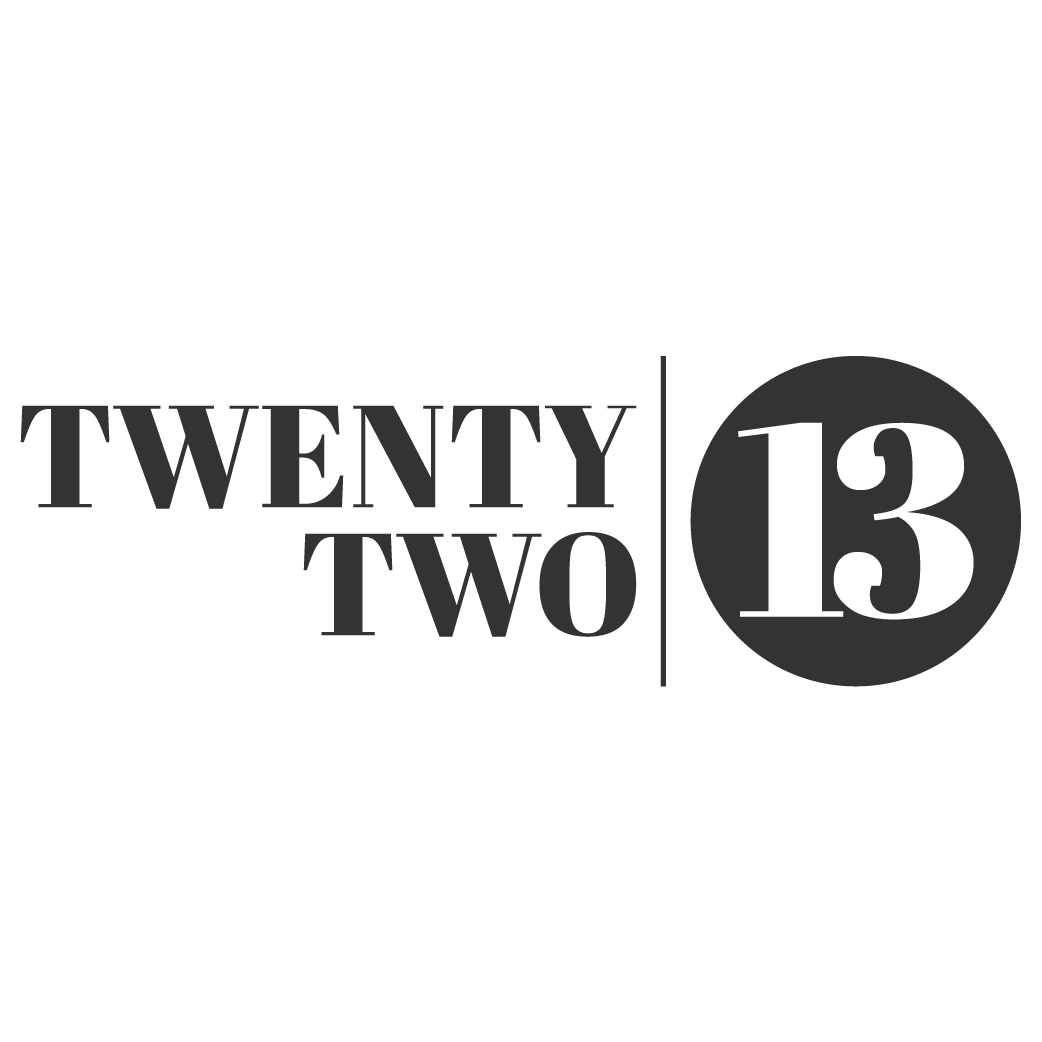Is AI a boon or bane to students’ future?
4 days ago
Artificial intelligence (AI) has its fans and detractors, especially when it comes to education.
Everyone has made up their minds about the matter, whether they agree with it or are against it. Even the youths of our generation have opinions on AI and do not always agree with one another.
“I use AI to summarise information on certain subjects. It helps me understand concepts more effectively,” said Gisele Thien, 15, from Selangor.
“Instead of having to read 30 pages for a chapter, I can learn all that information in two to five pages, depending on how short I want it,” she said.
Thien said while she is aware there are those who still view AI as cheating or the taking the ‘easy way out’, she feels that’s not the case.
“My academic integrity is not compromised as I know that I use AI responsibly and I am confident of my abilities,” she said.
While some use it to understand lessons better, others are dead set against it.
“I have never used AI. I might be called old for that, but I just don’t see how it’s fair for us to use AI in a school setting where we are being graded for our capabilities and intelligence, not a robot’s,” says Saiesha Gunalan, 14, from Kuala Lumpur.
While she agreed AI can help students academically, success cannot be completely attributed to the student.
There are mixed feelings about AI, especially among students.
Some students may feel their teachers’ methods don’t fully suit their learning needs, leading them to turn to AI for additional support. But can AI replace traditional study methods?
Emaline Yap says AI cannot replace traditional study methods.
“Many students still believe in the good old pen and paper. With so many study methods being thrown at us, it can be overwhelming at times,” said the 15-year-old from Kuala Lumpur.
Yap, however, said a balanced blend of both AI and traditional methods could prove beneficial.
With all the talk about AI having negative effects on a student’s morale, it’s important to consider how their academic performance is affected.
Alison Loh, 14, said AI has helped her feel more confident.
“I’ve noticed improvements in my academic grades, especially in projects and presentations,” said Loh, from Kuala Lumpur.
“Since using AI, my grades have improved and I feel more confident in my abilities. AI has helped tailor my points to suit different audiences, making it easier for them to understand what I’m trying to convey,” said Loh.
In a world where technology is progressing rapidly, AI has already extended its reach to the working world.
As students increasingly interact with AI tools in their studies, how can they apply that knowledge to the working world in the future? For students who choose not to use AI, will a lack of familiarity with AI hinder their future opportunities?
Yap said in a world where AI plays a significant role, not knowing how to use it would set one back.
“At the same time, however, it wouldn’t be hard to learn how to use it, therefore getting into the game should not be too hard,” Yap added.
In contrast, some students who regularly engage with AI are confident that this knowledge will significantly improve their career opportunities.
“The future seems to be headed to a more AI-based society, so getting used to AI would mean I’m more comfortable using it, especially in the working world that I’ll be heading to eventually,” said Loh.
The divergence highlights the consequences of embracing or rejecting AI; while some students might be able to easily secure positions in the future, others might find themselves struggling to keep up.
The integration of AI in students’ schoolwork presents them with a unique set of challenges and opportunities.
While some embrace these technological skills and recognise their potential to enhance academic performance, others remain wary of AI tools and choose to stick to traditional study methods, worried that the use of AI might diminish their critical thinking skills.
Ultimately, striking a balance between the use of AI tools and traditional pen-and-paper methods is essential to ensure that students are well prepared for the various challenges they may encounter in life, allowing them to thrive in both academic prospects and their future careers.
To give the younger generation an avenue to express themselves, Twentytwo13 has a dedicated space called Young Voices. If you are a young writer (aged 17 and below) and would like your article published on our news website, send your contribution to [email protected].
All articles must be accompanied by the young writer’s full name, MyKad number, contact number, and the mobile number of the young writer’s parents/guardians for verification purposes.
...Read the fullstory
It's better on the More. News app
✅ It’s fast
✅ It’s easy to use
✅ It’s free









